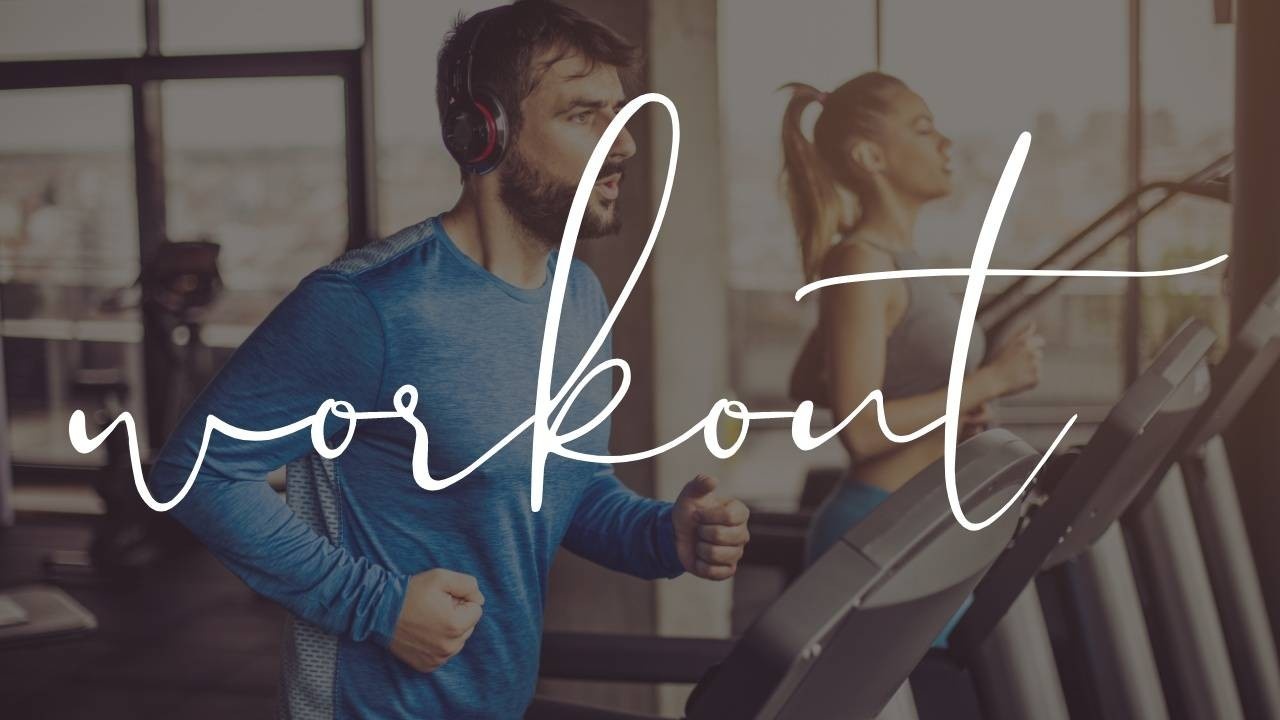What Are the Benefits of Exercise: On Mental, Physical & Emotional Health

At some point in time you've likely heard that exercise is GOOD for you.
But, what does good really mean when it comes to exercise & working out?
Today we're going to dive into:
- benefits of exercise on your physical health
- different types of exercise
- benefits of exercise on your mental & emotional health
- when is exercise UNHEALTHY
Yes - exercise can be unhealthy for physical, mental & emotional health too.
So how does exercise benefit your physical health?
- Improving your ability to balance
- Strengthening stability in joints
- Improving your posture through control of the core
- Increasing range of motion
- Raising your heart rate to enhance cardiovascular wellness
- Building bone health can help to prevent osteopenia or osteoporosis
- Reducing the risk of chronic disease (such as diabetes, heart disease, & some cancers)
Exercise can make you physically feel good & help you live longer overall, so you should probably start today if you aren't already. Start your exercise routine today here.
What are the different types of exercise?
Let's talk about the different types of exercise to start. Everyone has a little bit of a different approach on this matter but according to the National Academy of Sports Medicine (NASM) programming, there are 5 phases of training in which to engage.
- Stabilization Endurance - cardio & balance training for a sustained duration
- Strength Endurance - sustained strength for building smaller muscles
- Hypertrophy - strength training with larger weights for bigger muscles
- Maximal Strength - short bursts of effort with heavy weights for performance
- Power - a combination of strength & cardio at the same time
These phases can then be more plainly broken down into having some component of the general types of activity - aerobic or cardio, strength, balance, & flexibility training.
How does exercise benefit your mental & emotional health?
The mental & emotional health improvements you can see from exercising are sometimes worth even way more than the physical benefits!
Physical exercise has been known to combat depression & anxiety in many individuals as well as manage stress.
WebMD shares some great news that "when you exercise your body releases chemicals called endorphins. These endorphins interact with the receptors in your brain that reduce your perception of pain. Endorphins also trigger a positive feeling in the body, similar to that of morphine."
The benefits of exercise on your mental health are:
- Creating mental strength & resilience
- Improving your cognitive health such as memory & focus
- Managing levels of stress
- Boosting your self-esteem & confidence
- Enhancing sleep for better hormone regulation
- Combatting depression, anxiety & feelings of hopelessness
Your brain gets some nice hits of dopamine, norepinephrine, and serotonin - which all positively impact your mood for the better.
It's like when you're working out thinking I HATE THIS... and then come out the other side thinking - THAT WAS AMAZING, I feel gggrrreeeeaaaat!
Hurray for exercise & it uplifting all the spirits. Learn how you can easily start an exercise routine in your busy day here.
So all-in-all, exercise seems pretty great - but then why say it can also be unhealthy?
How can exercise be unhealthy?
Well, for starters, our industry obsession with aesthetics & physical transformation is completely over the top. Meaning, the fitness world puts a huge emphasis on physical objectivity - what looks good & what doesn't.
This can result in injury, disordered thinking & long-term damage to internal organs or joints.
The fixation with unnecessary overtraining for non-professional athletes has become the normal. The danger of over-exercising & orthorexia can be found across all of the different offerings of fitness: barre, yoga, cross-fit, martial arts, dance, etc.
The negative impacts of over-exercising or exercising for a specific "look" can be:
- Painting an unrealistic picture of a "physical ideal" that's unattainable
- Stressing joints & ligaments that will eventually lead to injury
- Feeling exhausted or fatigued all the time
- Punishing yourself for food you ate or missing workouts
- Losing confidence in your body & in yourself
- Spending too much time exercising & not enough time in other important areas of your life
MedlinePlus shares some more helpful tips on how to avoid overtraining or signs you may be compulsively exercising. If so, there is help available from wellness professionals that can work with you to find that healthy balance again.
It's common for exercisers to push themselves through hours of intense physical activity with an overall negative impact over their lives. There is a lack of education & understanding around what it means to be “healthy.”
Just like anything in our lives, it's important to strike a balance. Find an amount of daily or weekly exercise that works for you! Create your fitness schedule & prioritize your goals for some self-care.
Maximize Wellbeing & Healthy Habits for Peak Productivity
Learn how to re-imagine your busy, overwhelming day through action-oriented steps for an energized, healthy & kickass schedule.
